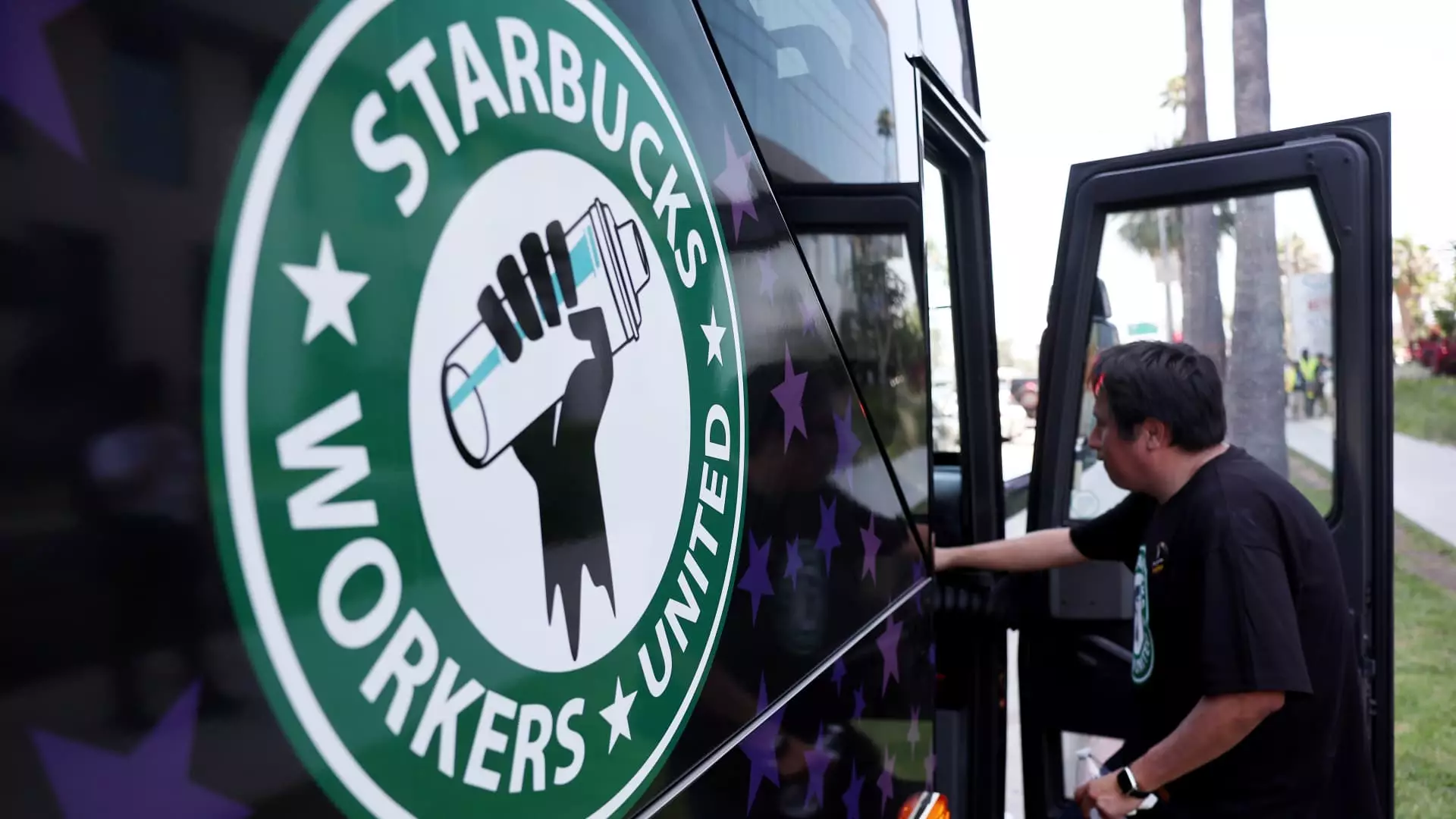The rising wave of unionization at Starbucks has captured attention across the United States, highlighting a growing demand for better working conditions and employee rights in the coffee retail sector. Over the past few years, numerous locations have sought to unionize, driven by issues related to wages, benefits, and workplace policies. This movement gained heightened visibility with the establishment of Starbucks Workers United, which advocates for the rights of baristas and other employees. As collective bargaining progresses, the stakes appear to escalate, particularly with the recent announcement that 98% of unionized baristas are in favor of a strike to push for a contract agreement.
Details of the Bargaining Situation
As Starbucks and Workers United approach what is touted as the final negotiation session of the year, there are conflicting narratives emerging from both parties. While Starbucks underscores their commitment to productive dialogue—claiming to have achieved thirty meaningful agreements over numerous bargaining sessions—the union contends that critical issues, particularly those surrounding fair compensation and comprehensive employee benefits, remain unresolved. Hundreds of unfair labor practice cases linger unaddressed, further complicating the relationship between the two entities. As the union adamantly calls for a contract that addresses these significant gaps, Starbucks firmly disputes the union’s portrayal of the negotiation’s progress.
The Potential Impact of a Strike
The looming possibility of a strike raises questions regarding the implications for both the company and its workforce. A strike can disrupt business operations, deter customer engagement, and potentially tarnish the company’s reputation if public sentiment sways in favor of the workers. Despite the company’s recent initiatives, such as the commitment to double paid parental leave, the push for an increased annual pay rise remains contentious, especially following reports of a sales slump. Should baristas decide to go on strike, it will not only portray an image of discontent among employees but could also impact consumer perception of Starbucks as an employer committed to its workforce.
As the clock ticks down to the next round of negotiations, both sides stand at a critical juncture. The union’s resounding vote to authorize a strike reflects deepening frustrations and unmet demands of the baristas. Conversely, Starbucks faces the challenge of reconciling its growth objectives with the need to cultivate a collaborative and supportive work environment. The repercussions of this standoff could resonate far beyond the confines of corporate negotiations, potentially influencing other retailers and employees to reevaluate their own labor practices and rights. The outcomes of these negotiations may not only reshape labor relations at Starbucks but could also signify a turning point in worker activism across the broader retail landscape.

